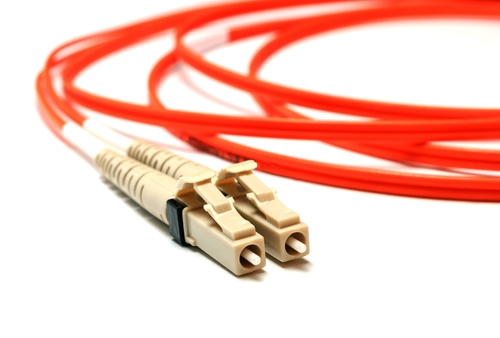EC Says Three Quarters Of Europeans Dont Receive Advertised Broadband Speeds

EC study into European broadband says consumers are getting a rough deal
The European Commission (EC) has claimed European consumers only receive 74 percent of the advertised speeds of their broadband package at peak time as part of an ongoing study into fixed line Internet.
The EC said that between 7pm and 11pm the average speed across all 27 EU member states and Croatia, Iceland and Norway was 19.47 Mbps, with cable offering the most reliable download speeds, but not the fastest.
The study found that 91.4 percent of cable customers received close to their advertised download speeds, with an average of 33.1Mbps, but fibre was fastest with an average of 41.02Mbps. Fibre was also the fastest for upload speeds with 19.8 Mbps, far ahead of cable with 3.68Mbps and DSL which achieved just 0.69Mbps.
European broadband speeds
 The speeds were collected from a community of volunteers across the 30 countries in the first study to cover all member states and the three additional countries. According to the EC, between 27 and 41 percent of European Internet subscribers claim their download speeds do not meet those stated in their contracts.
The speeds were collected from a community of volunteers across the 30 countries in the first study to cover all member states and the three additional countries. According to the EC, between 27 and 41 percent of European Internet subscribers claim their download speeds do not meet those stated in their contracts.
Ofcom recently reported that UK average residential speeds rose from 9Mbps to 12Mbps between May and November last year, an increase of 34 percent.
“This is the first time the difference between advertised and actual broadband speeds is confirmed by comparable and reliable data from all EU Member States,” said European Commissioner for the Digital Agenda Neelie Kroes. “Consumers need more of this sort of data to help make informed choices, so we will repeat the exercise. And we take these first results as further proof of the need for a real connected single market.”
Earlier this year, Kroes expressed her disappointment that funding for digital projects across the EU was slashed from €9.2 billion to just €1 billion, with money for rural broadband cut to zero.
Are you fluent in the language of the Internet? Find out with our quiz!